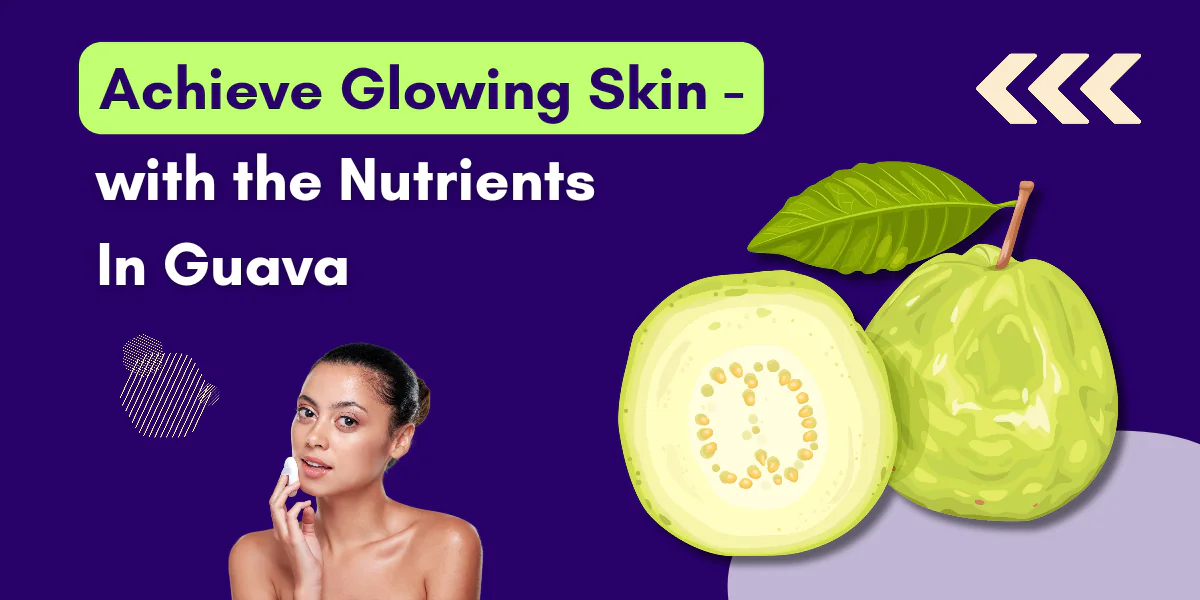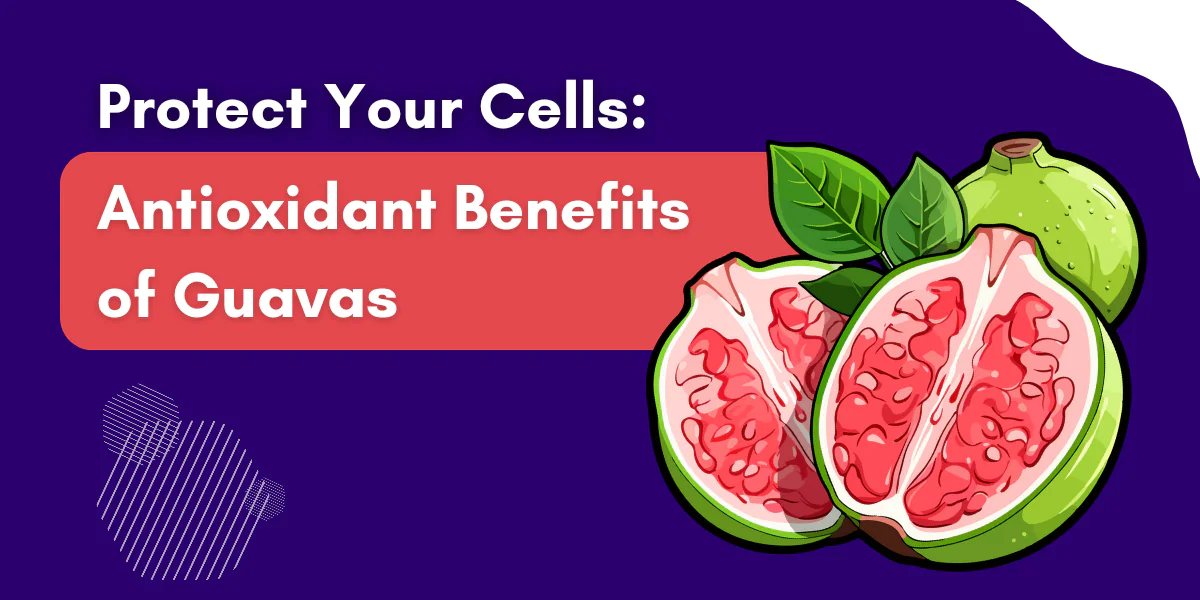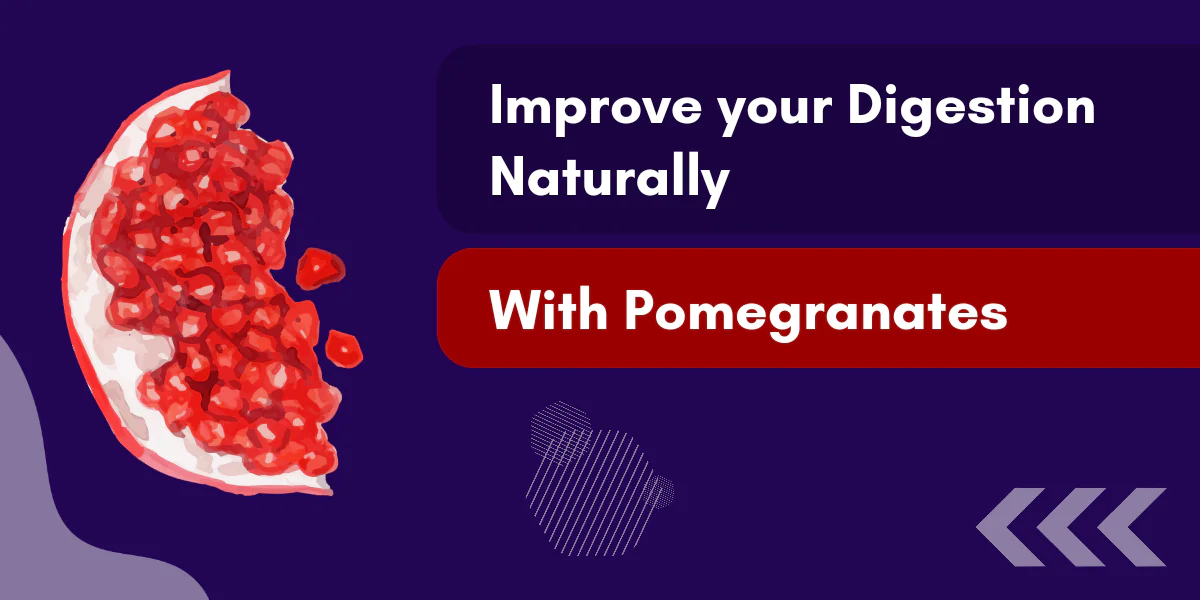Pomegranates have long been valued for their unique health properties, particularly their ability to reduce inflammation naturally. Inflammation, though part of the body’s natural healing process, can become harmful if it turns chronic. Chronic inflammation is linked to various health issues, including heart disease, arthritis, and diabetes—conditions that are becoming more common in India.
This article explores how pomegranate anti-inflammatory benefits can help reduce inflammation and improve overall health. From heart support to joint care, pomegranates are a powerful addition to an anti-inflammatory diet.
1. What Causes Inflammation and How Do Pomegranates Help?
Inflammation occurs when the body’s immune system responds to injury, infection, or irritants. In acute cases, like a cut or sore throat, inflammation is helpful. However, when it becomes chronic, it can lead to health issues. Foods rich in antioxidants and anti-inflammatory compounds, such as pomegranates, can help the body manage inflammation.
Pomegranates contain a variety of antioxidants that combat inflammation, including polyphenols, tannins, and flavonoids. These compounds neutralize free radicals (unstable molecules that can damage cells), reducing inflammation and supporting overall health.
Key Anti-Inflammatory Compounds in Pomegranates:
- Polyphenols: Reduce oxidative stress and inflammation throughout the body.
- Tannins: Support blood vessel health, reducing inflammation in blood vessels.
- Flavonoids: Help lower inflammation, especially in joints and muscles.
2. Health Benefits of Pomegranate Anti-Inflammatory Properties
A. Heart Health Support
Pomegranate anti-inflammatory benefits play a significant role in heart health. Chronic inflammation in blood vessels can lead to artery damage, increasing the risk of heart disease. Pomegranate antioxidants prevent this inflammation, keeping the arteries clear and healthy.
- Reduces Blood Vessel Inflammation: The antioxidants in pomegranates protect blood vessels and reduce inflammation, which supports heart function.
- Lowers Blood Pressure: Regular consumption of pomegranate juice has been shown to lower blood pressure, reducing the risk of cardiovascular diseases.
In India, where heart disease is on the rise, adding pomegranates to a balanced diet can provide valuable cardiovascular support.
B. Eases Joint Pain and Reduces Arthritis Symptoms
Pomegranate’s anti-inflammatory properties benefit joint health, making it a valuable food for people with arthritis or joint pain. Polyphenols in pomegranates reduce inflammation in cartilage and help slow the progression of osteoarthritis.
- Reduces Joint Swelling: Pomegranate compounds ease swelling in joints, providing relief from pain and stiffness.
- Protects Cartilage: Anti-inflammatory antioxidants in pomegranates can help protect cartilage, the flexible tissue that cushions joints.
This is especially beneficial for older adults and those with arthritis, as the prevalence of arthritis is growing in India.
C. Boosts Immunity and Reduces Inflammatory Response
Inflammation is often a response to infection, and pomegranates help modulate this response. Their rich antioxidant content boosts immunity and helps the body manage inflammation, reducing the severity of infections and colds.
- Strengthens Immune Response: Pomegranate antioxidants support immune cells, enhancing the body’s natural defenses.
- Regulates Inflammation: By modulating inflammatory responses, pomegranates help reduce excessive inflammation in response to infections.
This benefit is helpful during seasonal changes and flu seasons, which increase the risk of infections and inflammatory responses.
D. Supports Skin Health
Pomegranate anti-inflammatory benefits extend to skin health. Chronic inflammation can lead to premature aging and skin conditions like acne. Antioxidants in pomegranates help reduce skin inflammation, giving skin a healthier appearance.
- Reduces Acne Inflammation: Anti-inflammatory properties help reduce redness and swelling in acne-prone skin.
- Slows Aging: Pomegranate antioxidants protect collagen, the protein responsible for skin elasticity, slowing down the effects of aging.
Skin health is crucial in India, where pollution and harsh sunlight can lead to increased inflammation and skin damage.

3. How to Include Pomegranates in Your Anti-Inflammatory Diet
Incorporating pomegranates into your diet is easy and can be done in various delicious ways. Here are some ideas:
Fresh Pomegranate Juice
A glass of fresh pomegranate juice in the morning provides a concentrated source of antioxidants. Make it at home to avoid added sugars, as packaged juices may contain preservatives.
Add to Salads
Sprinkle pomegranate arils (seeds) on salads for a pop of color and flavor. They pair well with leafy greens, nuts, and seeds, making for a nutritious anti-inflammatory salad.
Blend into Smoothies
Pomegranate seeds blend well with other fruits in smoothies. Try combining pomegranate with bananas, spinach, and yogurt for a refreshing drink packed with antioxidants.
Pomegranate Raita
Adding pomegranate seeds to yogurt creates a tasty raita, a popular Indian side dish. Mixed with spices like cumin and coriander, this raita provides anti-inflammatory benefits and complements most meals.
4. Ayurvedic Perspective on Pomegranates as Anti-Inflammatory Foods
In Ayurveda, the ancient Indian system of medicine, pomegranates are known as Dadima and are considered beneficial for balancing all three doshas (Vata, Pitta, and Kapha). Ayurveda values pomegranates for their cooling and anti-inflammatory properties, making them ideal for managing inflammation naturally.
Ayurvedic Benefits:
- Balances Doshas: Pomegranate’s cooling properties help balance inflammation.
- Purifies the Blood: Ayurvedic practitioners believe pomegranates support liver health and detoxify the blood.
The Ayurvedic approach aligns with modern science, highlighting pomegranates as a holistic solution for inflammation.
5. Possible Side Effects and Precautions
While pomegranates are safe for most people, there are a few precautions to keep in mind:
Allergies
Though rare, some people may have allergic reactions to pomegranate. If you experience itching or swelling after consuming it, consult a healthcare professional.
Interaction with Medications
If you are on blood pressure or cholesterol medications, speak with your doctor before consuming large amounts of pomegranate juice. Its blood-pressure-lowering effects can sometimes interfere with medications.
Key Takeaways for Using Pomegranate to Reduce Inflammation
Pomegranates are a simple and effective way to reduce inflammation, benefiting heart health, joint health, immunity, and skin. Here’s how to get the most from pomegranate’s anti-inflammatory properties:
- Regular Consumption: Aim to include pomegranate juice or seeds in your diet a few times a week.
- Focus on Fresh: Fresh juice and whole seeds offer the most antioxidants and anti-inflammatory benefits.
- Combine with Other Anti-Inflammatory Foods: Pair pomegranates with other anti-inflammatory foods like turmeric, leafy greens, and fatty fish.
By incorporating pomegranates into your daily routine, you can naturally support your body’s inflammation response and promote long-term health.
Read Also: Pomegranate Heart Health Benefits
Medical Disclaimer: This article is for informational purposes only and is not a substitute for professional medical advice. Always consult with a healthcare provider for personalized recommendations.




















